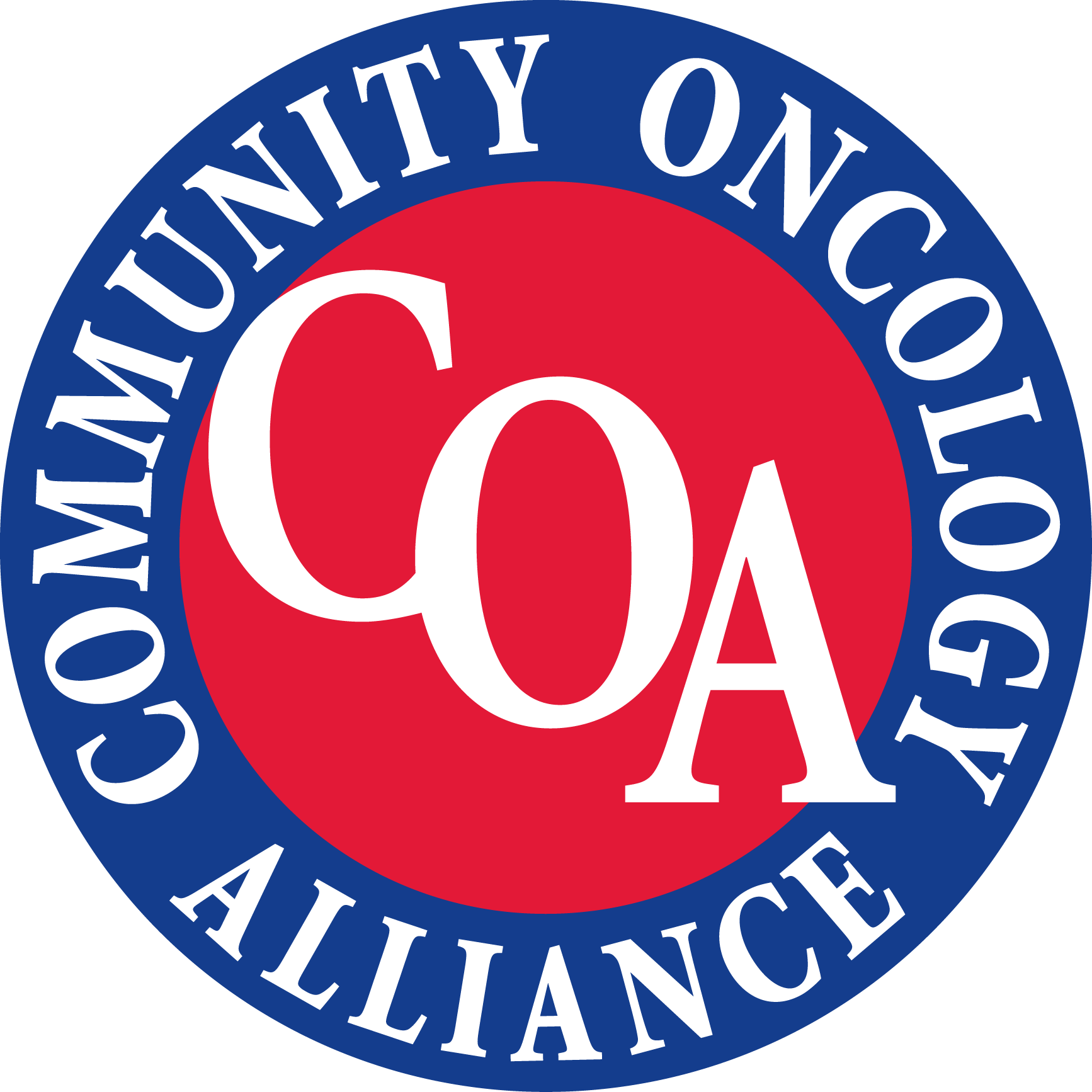
Dr Debra Patt Recaps Her Senate Testimony on Prior Authorization Case for a Patient With Breast Cancer

Debra Patt, MD, PhD, MBA, executive vice president at Texas Oncology, discusses her recent testimony to the US Senate on a case in which prior authorization caused a 6-week wait for a consult.
It is becoming harder for patients with cancer to receive the care they need within an appropriate time frame, said Debra Patt, MD, PhD, MBA, executive vice president at Texas Oncology, whose own experience has been bolstered by stories from other clinicians and the American Medical Association (AMA).
Transcript
You recently testified in the Senate about a prior authorization case in which you were told you would have to wait up to 6 weeks for a consult to treat your breast cancer patient with an innovative therapy. What have you heard from other oncologists since the AMA reported on this case?
Unfortunately, the burden of prior authorization is tremendous and growing. It substantially impacts patient care, frequently delaying and deterring appropriate patient care. What I testified about—which is a common practice—is that if you initially have denial from an insurance company in their PBM [pharmacy benefit manager] relationship, that they can go through a prior authorization process that should be rapid.
But the peer-to-peer review, what they told me was, “Dr Patt, we can't tell you when we're going to have someone call you for peer-to-peer review. But it will be sometime in the next 6 weeks, at 8 AM in the morning.” And so, I gave them my cell phone number. And I'm sort of at the mercy of when someone is going to call, not being able to schedule it. And that practice has become more and more prevalent.
I think it's a reflection of the vertical integration that we see in the payer markets between payers, [PBMs], and specialty pharmacy, and to some degree providers. What we've seen with this integration, the 6 top PBMs have about 80% of the market. And when that happens, there's an increase in formulary restrictions. You're going to get denials on things when they're not the preferred drug because there's formulary restrictions. And that's really related to preferential rebates in the insurance markets.
We're seeing in cancer care, where we have these new and novel innovative therapies, tremendous growth of this practice, and it makes it harder and harder for cancer patients to get the care that they need.
I have gotten a lot of feedback since my testimony, and that feedback from other doctors has been that they see the same thing, that they too have had patients for whom treatments weren't an option, because they had to wait an inappropriate amount of time for peer-to-peer review. The prior auth process delayed and deterred appropriate care, and that the natural consequence was that patients had worse cancer morbidity and mortality.
Newsletter
Stay ahead of policy, cost, and value—subscribe to AJMC for expert insights at the intersection of clinical care and health economics.








